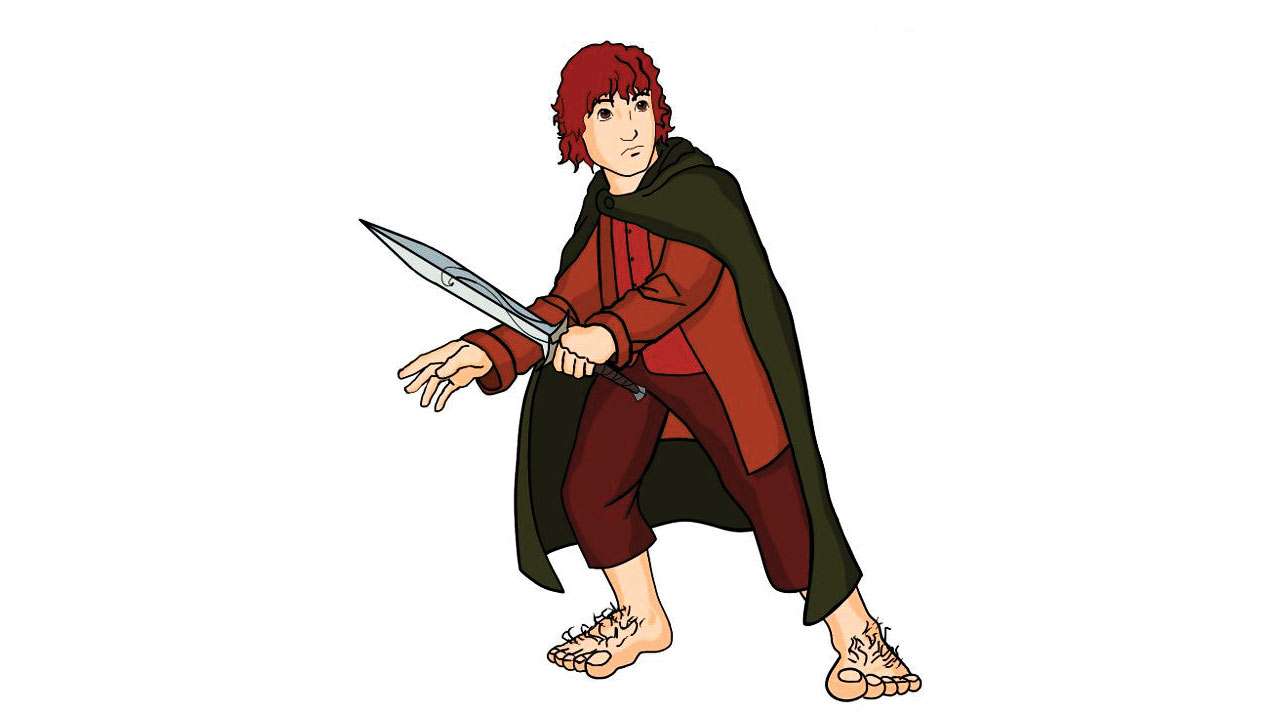
The grey goose Kaisa spreads his wings wide before folding them again. "There," he says, "I have just brushed ten million other worlds… Here on this (ship's) deck, millions of universes exist, unaware of one another… close as a heartbeat, but we can never touch or see or hear these other worlds" — except through the charged particles of aurora borealis in the Arctic region. How could this phantasmagoric image of intersecting universes fail to mesmerise me in Philip Pullman's "Northern Lights"?
My fascination for fantasia began in childhood with grandma's spiels like this one: "One day, a wayfarer opened a door on the mountain wall, and found himself entering an underworld where rivers of honey foamed with crystallised sugar candy, parrots chanted poetry, tigers danced under trees…" You knew of course that the dark lurked somewhere below the sunshine.
When I learnt to read, such tales of Indian fantasy were augmented by visions of new universes from writings in English, and Englished from European languages. In keeping with the west's Garden-of-Eden fear of knowledge, these works mostly see the pursuit of science leading to Mephistophelian horror and cannibalistic destruction. The apple and the serpent symbolise an ominous destiny for humankind.
Faust and Frankenstein are obvious examples. So is Edgar Allen Poe's demonic "Raven", landing in the library at midnight where the weary lover is pondering on "many a quaint and curious volume of forgotten lore". The raptor casts a soul-freezing shadow from his predictable choice of perch, the bust of Pallas, the goddess of wisdom!
As a teenager, I developed a craze for the "quaint and curious" lore of the forgotten HP Lovecraft, where the shadows of Cthulhu the octopus-dragon, the beastly shoggoth, Nyarlathotep the sorcerer, and the piscine Dagon kept me trembling through the nights. And, studying in the school at the Theosophical Society, Madras, I stumbled upon Lovecraft's friend and weird tales specialist Clark Ashton Smith, who was inspired by Theosophist occultist Madame Blavatsky's "Secret Doctrine", of lost worlds known only to mystics. "Smythos" as Smith's world is named, feeds on macabre variations of alien monsters preying upon earthlings and earthlings breeding monsters with experiments in science.
Thankfully, a gift of Narnia books by fabulist CS Lewis saved me from the horror cult abyss. I was unaware that the series shaped a new allegory of Christianity with Aslan the lion as Christ the saviour. However, the triumph of unlikely heroes is the stuff of all fables, the tussle between good and evil is universal, as are the ideals of compassion and sacrifice. I was engrossed not by ideology, but by the ingeniously contrived entries and exits from this Narnian land of talking beasts, mythical creatures and invented Marsh-wiggles. Magic rings transport children to another universe with entries to strange worlds. A sequel shows little girl Lucy hiding in an old wardrobe in the spare room of a country house, brushing past winter coats, and walking into a snowbound land where Mr Tumnus the faun saunters along. Another book has children gazing at a painting of the rolling sea and finding themselves on an adventuring Narnian ship. The most poignant moment is of children bidding a final goodbye to their Narnian friends as they walk through a doorway in the middle of meadowland and emerge in a railway station in London.
This kind of going back and forth across time and space makes the Harry Potter series irresistible. Rush through a brick wall in King's Cross Station and you are in platform 9 3/4th where a steam-puffing train waits to chug on to Hogwarts, located in unplottable space. This seven-book saga "apparates" and "disapparates" in past/present time and space, where good and evil battle for supremacy. Potter the unremarkable boy, manages to win against impossible odds with nothing but doughty virtues like honesty, loyalty and a kindly sense of fair play.
True, I have outgrown my craze for all these fantasies, but not my love of "The Lord of the Rings". Not in Peter Jackson's films, but in JRR Tolkien's magical oscillations between prose and poetry. The bracing humour of Bilbo Baggins in the prequel "The Hobbit", melts into the tragic ring trilogy of Frodo, an unexpected hero who completes a glorious mission but fades into a hazy twilight dream. Here success is not a return to utopia, but fighting the dark, resisting Ragnarok, weathering dystopia.
And I ask myself: is addiction to fantasy the human need to find a translucent myth to break through an opaque present? Is this suspension of disbelief a passionate quest for belief? Is pursuit of fantasy the human attempt to travel into Hamlet's "undiscovered bourne" – another universe unknown and unreachable, though existing as close as a heartbeat? And return to tell the tale?
The author is a playwright, theatre director, musician & journalist. Views are personal.